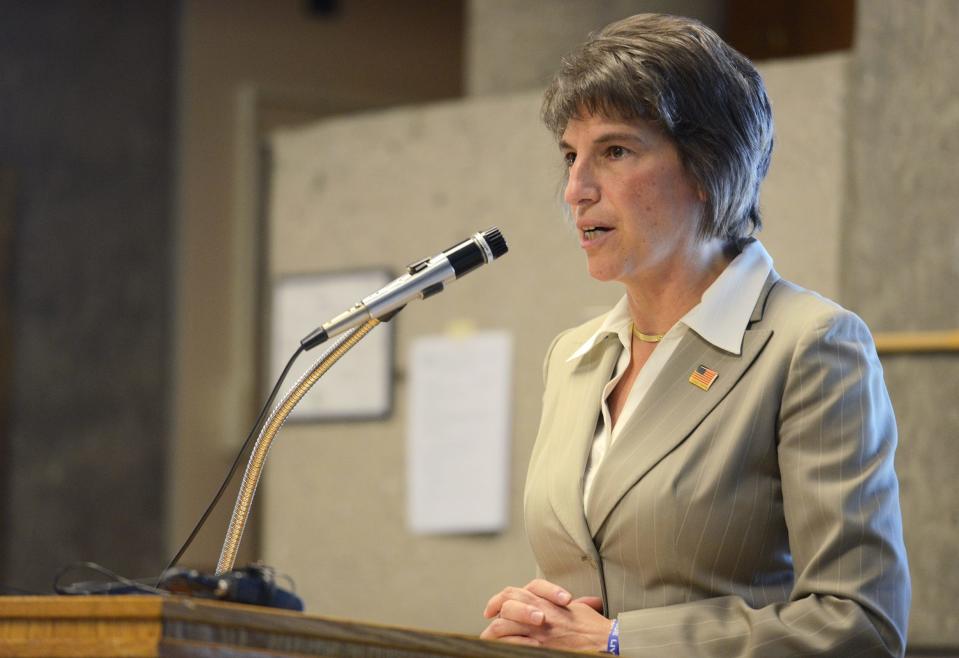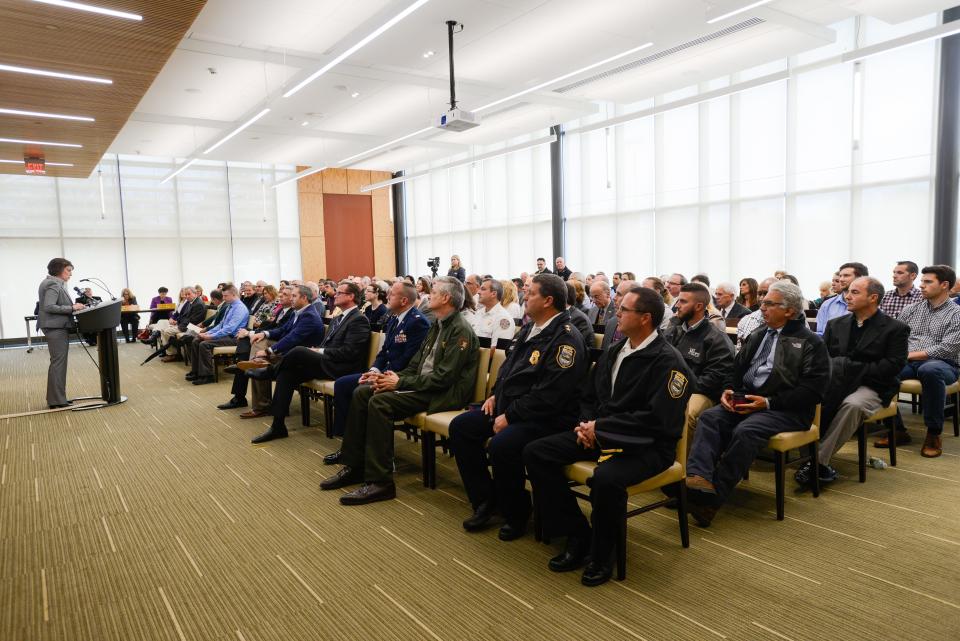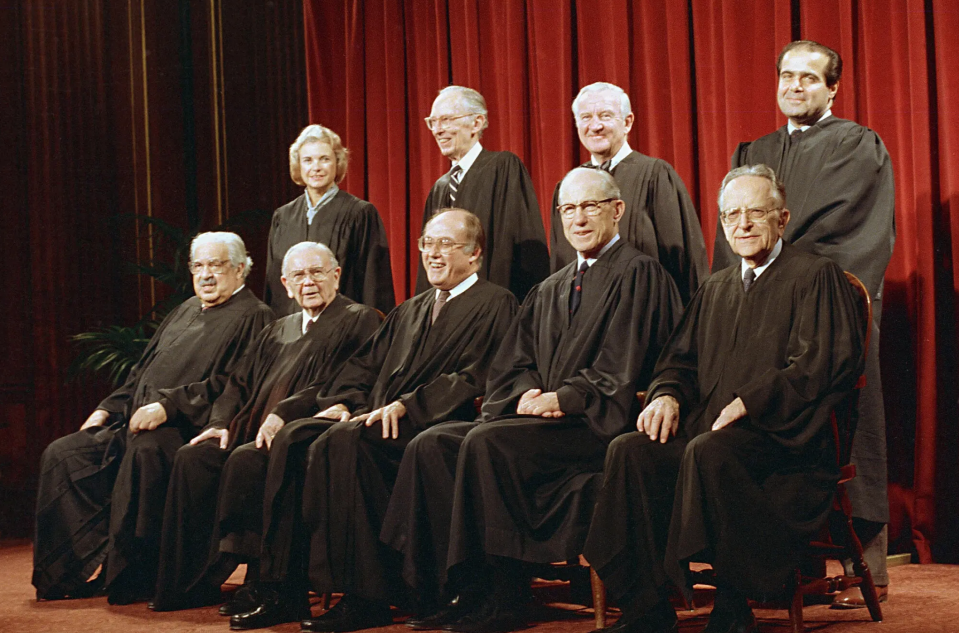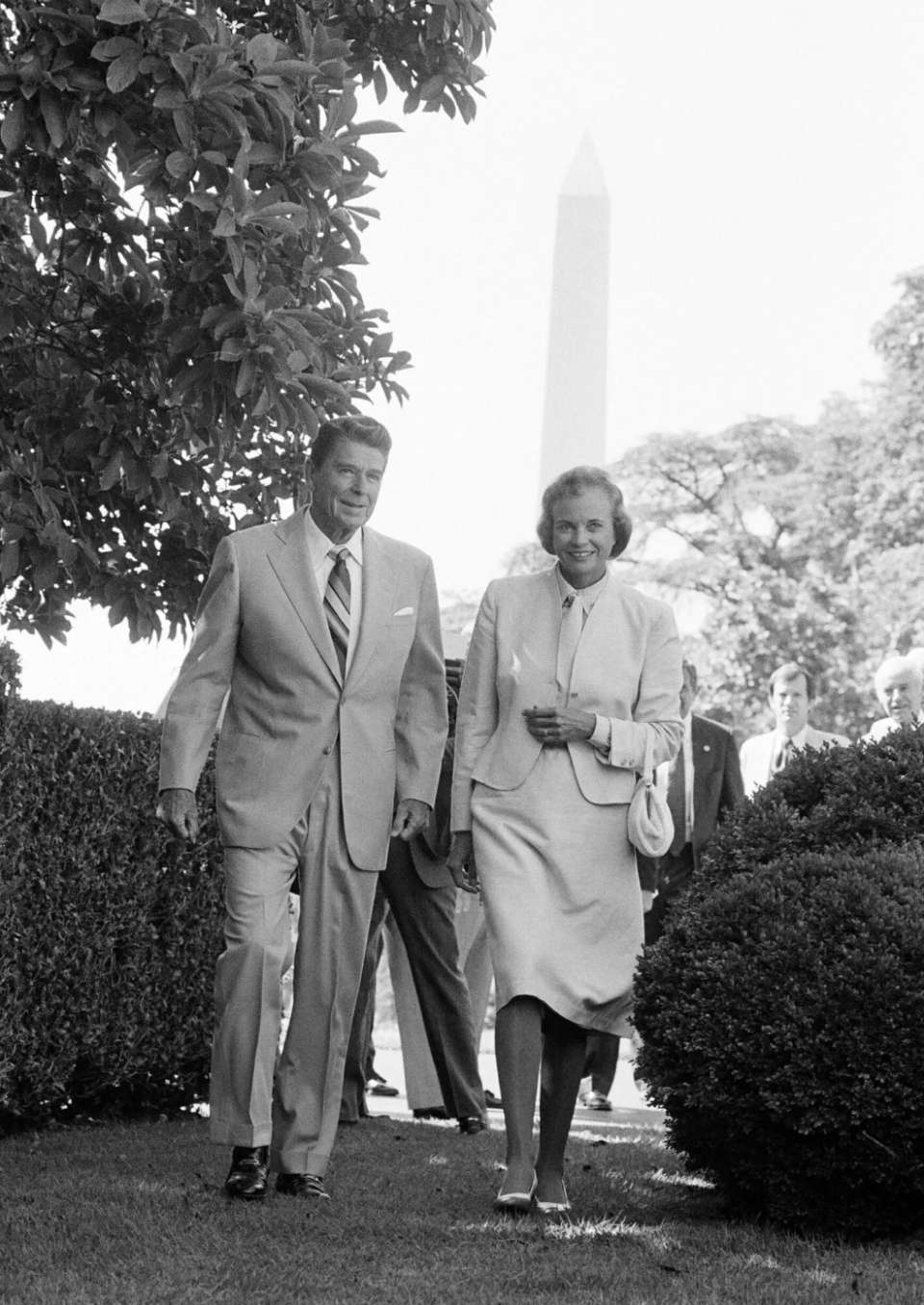We talked with Jacqueline Izzo, the first female Rome mayor. Here’s what she said.
Jacqueline M. Izzo, the first female Mayor of Rome, completed her final term Dec. 31. She proved to be a powerful source during a crucial period in the city's resurgence, with housing, economic development and rebuilding reserves on the docket.
Izzo reflected on her experience in an exclusive interview with the Observer-Dispatch.
“I’ve forged a lot of firsts,” said Izzo. “I was a high school basketball coach at a time when women’s sports weren’t a thing. When I started out in business I used to walk into rooms where I was the only female. These experiences laid the foundation for becoming the first female elected leader in not only Rome, but Oneida County.”
Izzo blazed a trail in local government, athletics, and the business sector. She led the girls basketball team at Rome Catholic High School for 15 years and in 2015 was inducted into the Rome Sports Hall of Fame.

Prior to establishing her own transcription business – Upstate New York Professional Services – Izzo served as Oneida County Legislator in the 35th District and General Manager of the Quality Inn of Rome, NY. She was also instrumental in kickstarting the Oneida County Convention and Visitors Bureau in the mid-80s, serving as the longest Board President.
“I’ve always found her ability to listen and think regionally quite inspiring,” said Oneida County Executive Anthony Picente Jr. “It’s very hard to focus on your municipality and keep the entire county in mind. She is a force to reckon with and I wish her the best moving forward.”
After eight years serving as mayor, she implied that her next steps will be taken with equal fortitude.
“Yes, I broke the glass ceiling,” said Izzo. “And I hope my path inspires young women. It’s true, you can achieve your dreams as long as you work hard.”
Waiting for a seat in a room full of men

Izzo noted the recent uptick in women who hold executive positions in government. She pointed out New York’s current Governor, Kathy Hochul, as an example.
“As a female you're qualified to be in any room,” said Izzo. “The only difference is when you join the ranks of a profession that traditionally favored men – you can feel that.”
In rooms where she was the only woman she recalled leaning on her self-confidence. “When there wasn’t a seat for me yet I just waited,” she said.
“I knew that eventually someone would bring me a chair. In the meantime it was my responsibility to wage my way into the conversation.”
As with any job relationship-building takes time. Her tips for building trust include: staying open-minded, valuing every voice in the room, and maintaining outward stoicism – “so that people feel confident in you, too.”
In 2016 Izzo began the ‘Walk with the Mayor’ initiative. Each summer she walked the neighborhoods with local residents to discuss issues at hand. May it be a pothole, tree removal, or noise complaint, every concern was taken care of by respective department heads.
“You have a different perspective walking through a neighborhood than you would driving,” said Izzo. “Our goal was to enact change so that our residents could better enjoy their front porches. ”
City resident Cynthia Goggin praised Izzo’s community-building efforts.
“She was not only people-oriented but involved, too.”
Another resident, Grace Garro, also complimented Izzo’s leadership.
“What truly set Mayor Izzo apart was her responsiveness. Her honest approach was a breath of fresh air and it’s evident in the improved state of our city.”
A nod to Sandra Day O’Connor

As mayor, Izzo focused on housing opportunities and economic development. Over the span of her leadership, taxes flattened. She left Rome with $70 million worth of grant-funded projects underway.
“Stepping into office the City had less than $2 million in the reserves,” emphasized Izzo. “Leaving office we have $17.5 million.”
On Nov. 8 Izzo conceded to Republican challenger Jeffery M. Lanigan during the mayoral race. Months later her reaction to the "change election" remains the same.
“We have taken three steps forward and now we’re taking three huge steps back,” Izzo said. “The reason that people voted for this change still baffles me – I may not know all of the motivating factors but I do know it’s not based on merit.”
Izzo shared her uncertainty of whether or not the citizens of Rome were ready for a female leader. She said she always felt some resentment about that.
“Think of Sandra Day O’Connor’s experience,” offered Izzo. “She’s brilliant, but she can’t get anything other than a secretarial job coming out of Stanford because she is a woman.”

Sandra Day O’Connor, the first woman on the Supreme Court, died on Dec. 1. When abortion, affirmative action, sex discrimination, and voting rights were on the table she fought for her voice to be heard.
Despite graduating at the top of her class – as one of the five women admitted to the Stanford Law School – she was only offered a secretarial position when she applied for her first job. In 1981, as judge on a mid-level appeals court in Arizona, President Ronald Reagan named her to the Supreme Court, appointing her as the first female justice.
“Despite how intelligent she was she had to work hard to be taken seriously,” said Izzo, “We’ve come a long way but there’s always room for more improvement.”
Note to young girls
Izzo acknowledged that social cultures do fluctuate. She believes there is greater potential for women to grasp empowerment nowadays.
“I believe that gender equality is advancing,” said Izzo. “The emergence of women in sports helped bridge that gap.”
In the mid-70s it felt progressive to step into the role of RCHS head coach, she said. Now, the USA Women’s team gets paid the same amount as men and nearly every sport welcomes female participants.
Izzo also recognized a sizable shift in the workforce, in recent years.
“The economy is different, and so are personal priorities. ... I learn a lot from looking to our youth – they aren't afraid to ask for what they want.”
While Izzo values what young professionals bring to the table she hopes the reverse is true; that youth continue to stay open to learning from their elders.
“Young women can benefit by looking at those who have managed to open closed doors. No one will hand you anything but with a spirit of tenacity and hard work anything is possible.”
This article originally appeared on Observer-Dispatch: Rome's first female mayor Jacqueline Izzo recounts her time in office

